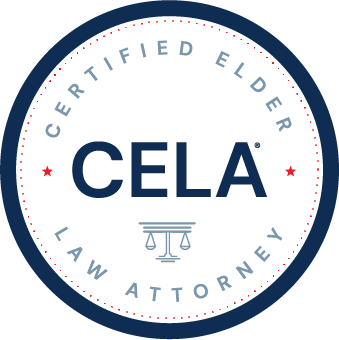Firm News
Important Changes to Supplemental Security Income (SSI) Income Rules
Supplemental Security Income (SSI) is a federal public assistance program that offers financial support to people who are disabled and living on limited resources. To qualify for SSI, an individual must have income and assets that are under a certain threshold that the SSA specifies. A person with a disability seeking SSI must also have an impairment that falls under the SSA’s strict definition of disability.
In addition to the resource limitation of $2,000 plus exempt assets, a disabled individual who receives SSI is limited to the amount of income he or she can receive each month. For 2024, a single SSI recipient can receive a maximum payment of $943 per month. However, the receipt of income will reduce down an individual’s monthly SSI award. If their monthly income exceeds their monthly SSI award, they are at risk of losing all or part of their benefit. In some cases, they could lose their ability to qualify for the program altogether.
Income for SSI purposes is not taxable income. SSI has several classes of income. Each type of income has its own rules on how it reduces an individual’s monthly SSI benefit.
Earned income includes wages, net earnings from self-employment, certain royalties and honoraria, and money from sheltered workshops.
Unearned income includes all income that a person doesn’t earn. This includes Social Security benefits, workers’ compensation, certain veterans’ compensation or pension payments, unemployment, pensions, support and maintenance in kind, annuities, rent, and other income that isn’t earned.
In-Kind Support and Maintenance (ISM). This type of income is any payment from a third party (including a trust) for food and shelter expenses. ISM occurs when payments are made by a third party for groceries, rent, mortgage payment, and basic utilities such as natural gas, water, electricity, sewerage, and garbage collection. The rules for counting ISM depend upon the living arrangements of the recipient.
For example, if an SSI recipient lives in a household where someone else buys the groceries, the individual would be required to report the food paid by another person as ISM. When a third party pays food and shelter expenses (ISM), the recipient’s SSI benefit is reduced by one-third. The individual’s SSI is reduced by one-third even if the payment by the third party for food and shelter expenses exceeds one-third of the SSI benefit.
Example: John is disabled and lives in an apartment and receives $943 per month of SSI payments. John has a first party special needs trust that was funded by a personal injury award. John’s monthly food and shelter expenses are $2,500.00 consisting of rent, utilities and food. John’s trust pays his monthly expenses directly. Since John’s $2,500 month of food and shelter expenses are considered ISM, John’s SSI check would be reduced by one-third or $314.00 per month.
Food Will No Longer Count as ISM for SSI Recipients
The Social Security Administration (SSA) has announced a major change regarding how it calculates ISM for recipients of SSI. Effective September 30, 2024, the SSA will no longer count “food” as ISM. After September 30, 2024 only shelter expenses paid by a third party will be treated as ISM. Shelter expenses refer to the following:
- Room
- Rent
- Mortgage payments
- Real property taxes
- Heating fuel
- Gas
- Electricity
- Water
- Sewerage
- Garbage collection services
The elimination of food as ISM is a major victory for all SSI recipients. A trustee that is administering a special needs trust for an individual receiving SSI should discuss with counsel on how the elimination of food as ISM will impact distributions being made to a beneficiary.











